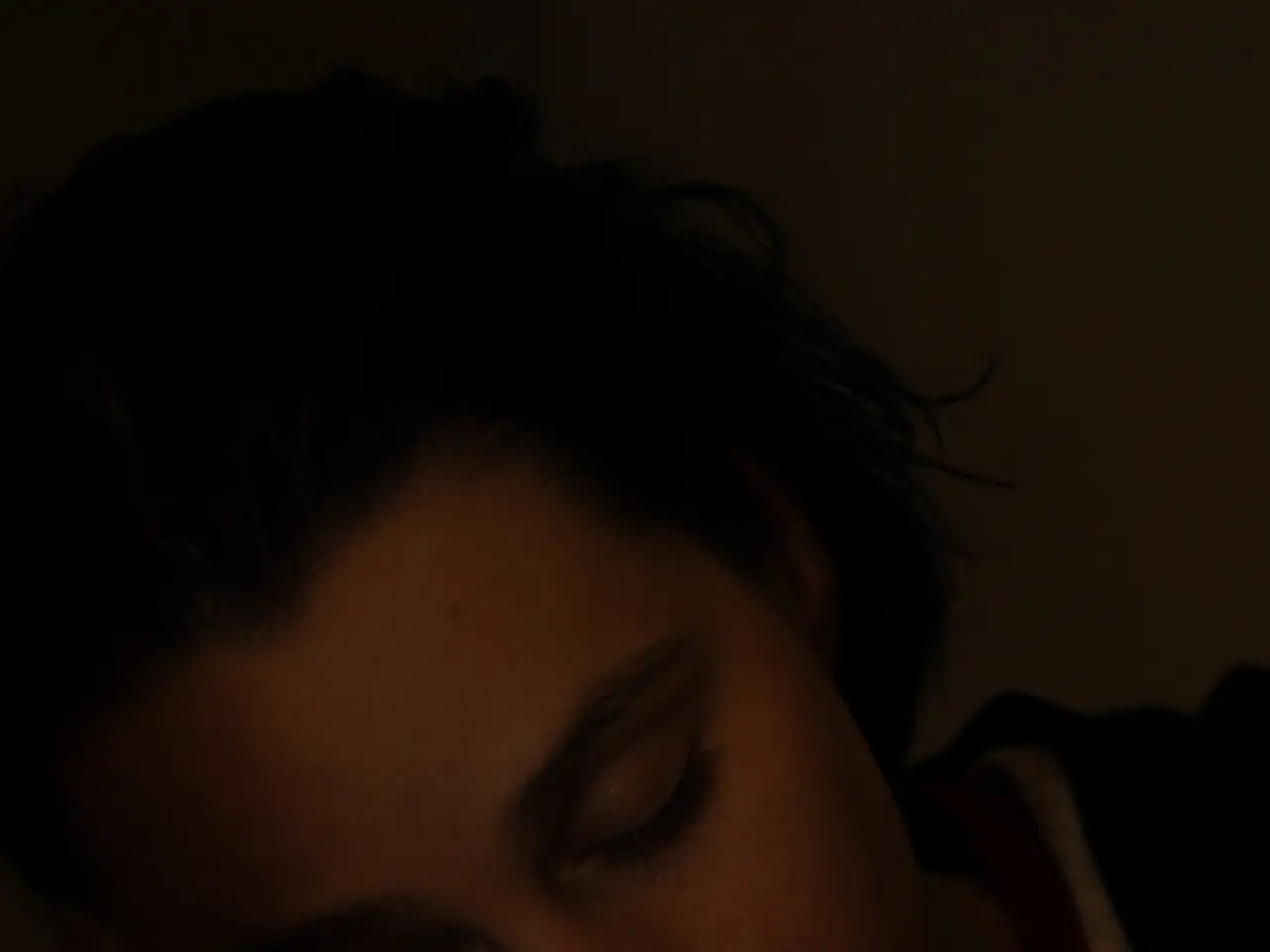Dehydration Alters Sleep Patterns: Study
A recent study reveals that dehydration can significantly impact our sleep patterns. Participants in a dehydrated state slept longer but took more time to fall asleep. Sleep specialists advise adjusting sleep duration based on signs of deprivation or oversleeping.
The experiment found that when participants were dehydrated, they slept on average an hour longer but took more time to fall asleep. This suggests that dehydration can affect both the quality and timing of our sleep.
To maintain a healthy sleep cycle, sleep specialists recommend adjusting sleep duration based on individual needs. If signs of sleep deprivation are present, increasing sleep by 30 minutes can be beneficial. Conversely, if there are signs of oversleeping, decreasing sleep duration can help. They also suggest conducting a week-long experiment to determine one's personal sleep norm.
Dehydration can lead to longer sleep duration but delayed sleep onset. To improve sleep quality and morning energy levels, maintaining water balance is crucial. Sleep duration should be adjusted based on individual needs, with guidance from sleep specialists.
Read also:
- Exploring the Psychological Impacts of Plant Therapy and Enhancing Mental Health through Floral Interactions
- EU Faces Demand from Protesters to Halts Incineration of American-Owned Birth Control Products
- MERS (Middle East Respiratory Syndrome): A Comprehensive Overview and Treatment Guide
- Strategies to Maintain Optimal Eye Health Throughout Aging Process





